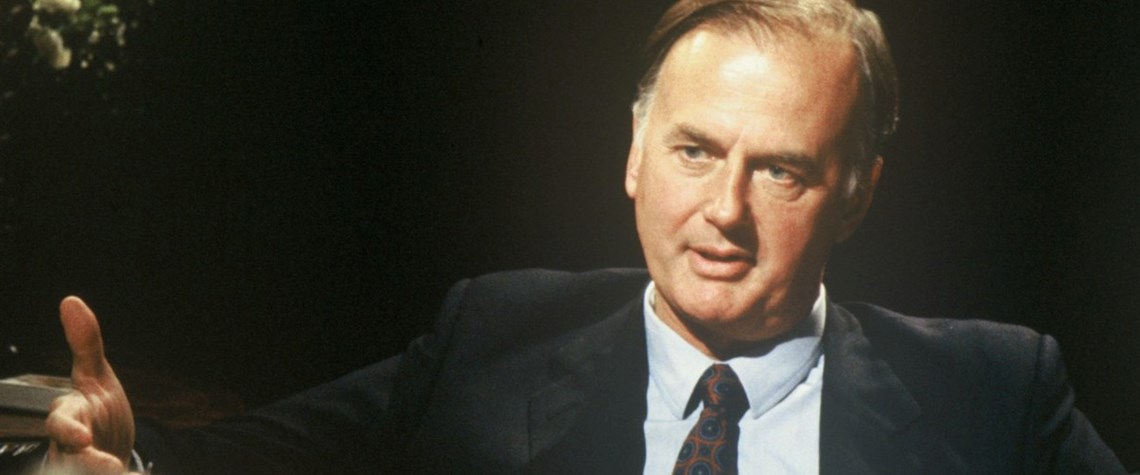Texas Monthly magazine led its October 1984 issue with an article on the activities of a new breed in the international oil industry. These new entrants were described as "financial speculators, con artists, impoverished aristocrats, former tennis pros, [and] ambitious young college and B-School grads looking to make their fortune as fast as they could". The author was, of course, describing oil traders.
Before the early 1970s, the profession of trading oil was not one which featured alongside geologists, geophysicists, and production and refinery engineers. Once oil had been discovered and produced, it remained within a small group of sovereign states and major oil companies (particularly the so-called ‘Seven Sisters’) to be refined, distributed and sold on to consumers.
Henry Longhurst’s 1959 book Adventure in Oil: The Story of British Petroleum spanned the history of BP from its founding in 1908 as the Anglo-Persian Oil Company through the following 50 years while making no mention whatsoever of trading across its 286 pages.
Enter the traders
It was not until around 1970 that Pincus Green, a colleague of Marc Rich at Philipp Brothers (Phibro), is credited with initiating the first trading in tankers of oil. And it remained a very limited, although reputedly highly profitable, activity for a number of years.
The embargo placed on consuming countries supporting Israel at the time of the 1973 Yom Kippur War by producing nations who were rapidly taking control of their resources from the concessionaires (via participation and nationalisation) led to a need for certain of these producers to secure sales beyond their traditional lines of trade. Over the following few years, the leakage of volumes from those countries—which were inexperienced in the logistics of moving oil—led to the early establishment of intermediaries to handle this challenge.
The start of production from the North Sea—from where, in 1975, the first oil was produced from the Argyll field—and its fast production ramp-up only increased third-party availability. The hegemony of the Seven Sisters was vanishing fast.
Bnoc
The story of oil trading saw another seminal event in 1976. The founding of the British National Oil Corporation (Bnoc) had a long-lasting impact on producers, consumers and Opec—even if the corporation itself had a short lifespan.
There are contested views as to why the Labour government of the day, and particularly then energy secretary Anthony Wedgwood Benn, set up a state oil company. Ostensibly, it was to deal with concerns surrounding security of supply to the UK and to administer the government’s North Sea ‘take’.
However, there is a view that the administration wanted to punish BP for its unwillingness to favour the UK with secure supplies during the 1973 embargo. Alongside that, there was an opportunity for a socialist government to extend the principle of nationalisation to a critical part of the economy and also to pacify the Scots—who believed it was ‘their’ oil and whose nationalism was threatening traditional Labour party heartlands—by locating the head office of the new organisation in Glasgow (even if power always remained at Stornoway House in London).
Led by the charismatic but fearsome Alastair Morton, Bnoc’s attack dogs—among them Peter Ross and Robin Atkins—were let loose on the producers of the UK continental shelf, including its largest actors. Their mandate, backed by acreage allocation in future licensing rounds being in the government’s gift, was to secure state participation in the oil being produced.
This was done and dusted by late 1977, with Bnoc consequently becoming central to the pricing and trading of crude oil from 1979 until its abolition in 1985—it was part-privatised to become Britoil in 1982—challenging even Opec as the key determiner of market price. It played an additional role at the time of the UK’s 1984-85 miners’ strike by quietly buying up and storing fuel oil on behalf of the government.
By 1979, long-term contracts and posted prices were fading fast, to be replaced by contracts with quarterly price negotiations. An increasing availability of cargoes outside traditional channels with which traders could work also ensued.
Colin Bryce is a founder of consultancy Energex Partners and has 42 years of experience in oil trading. Part 2 of Colin’s six-part London crude trading’s ‘Good Old Days’ series will be published on 24 July.
If you ‘were there’ and would like to add your memories of the events, characters and locations that shaped the development of the crude market in London or another hub, please reach out to peter.ramsay@petroleum-economist.com to discuss how to contribute.








Comments